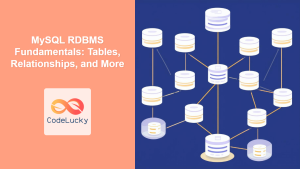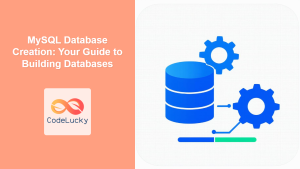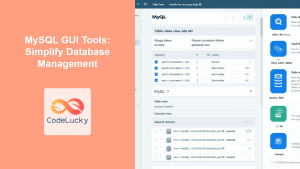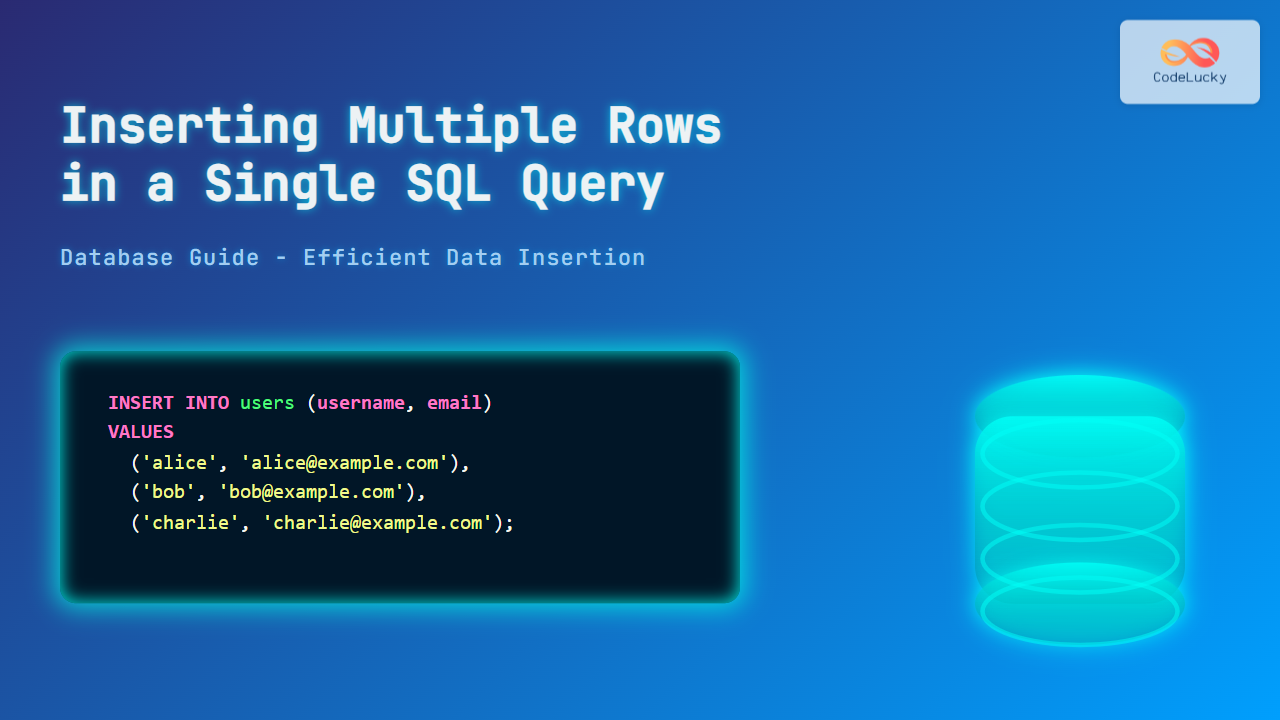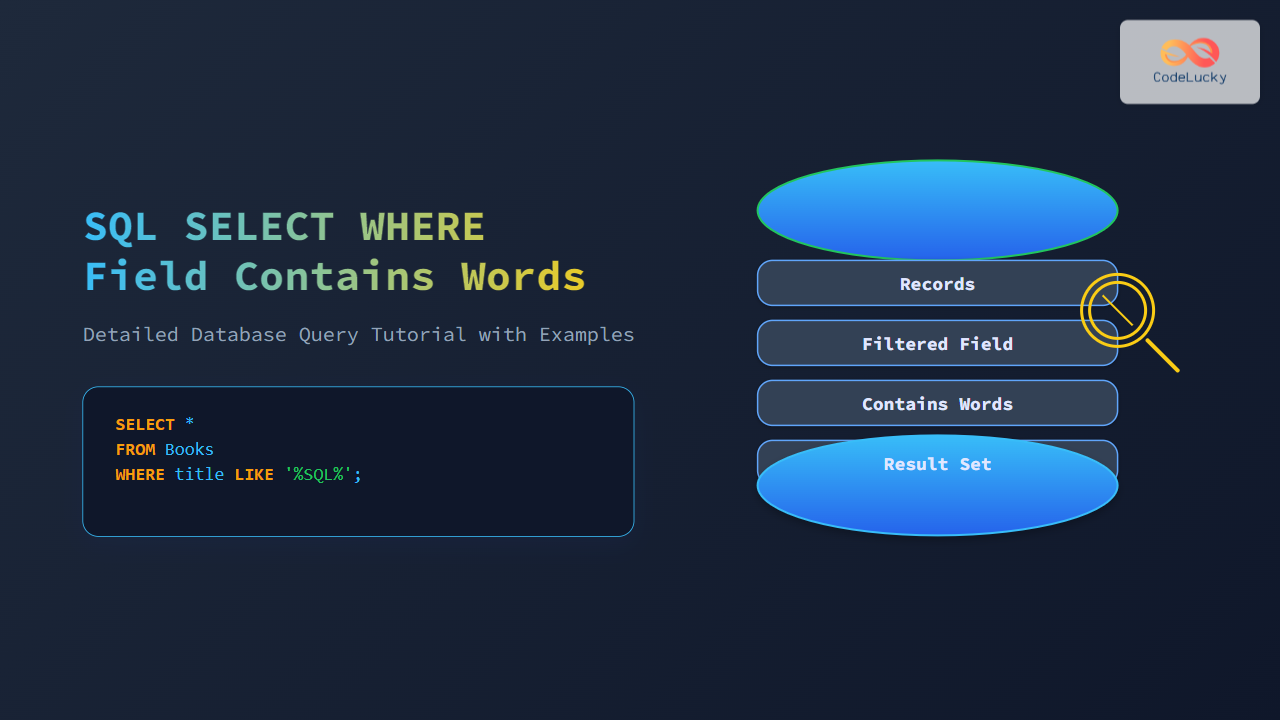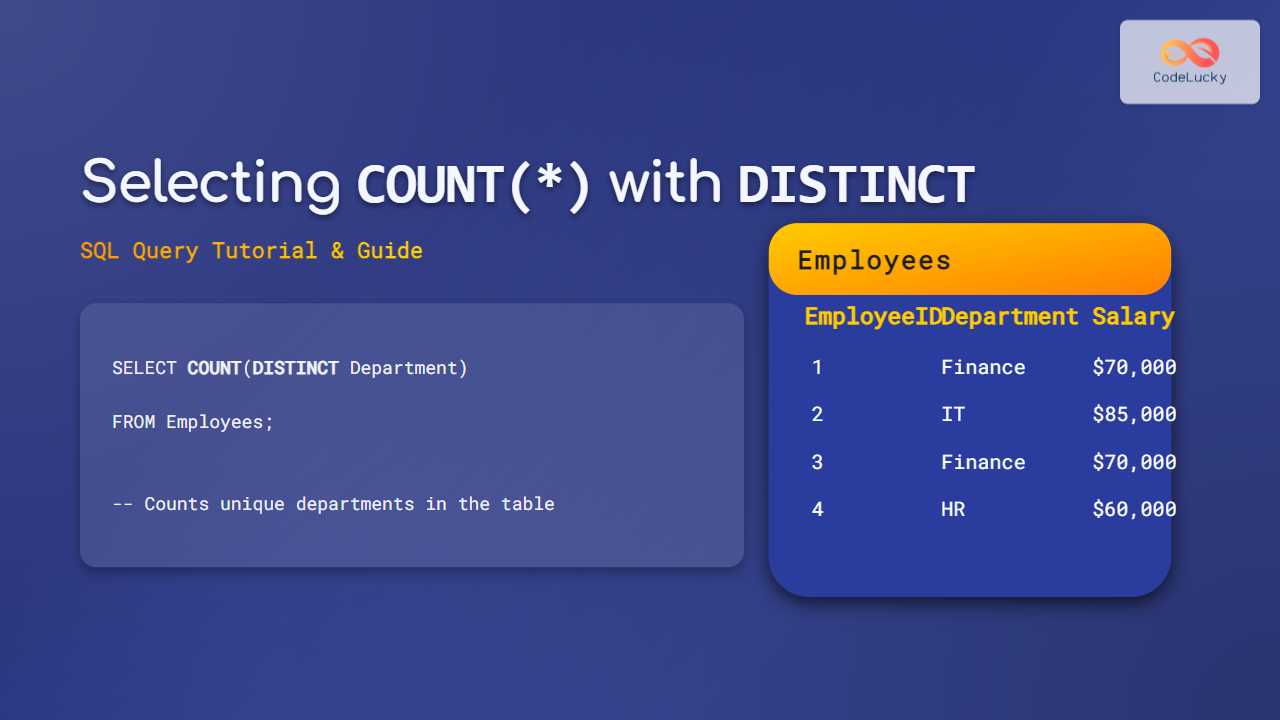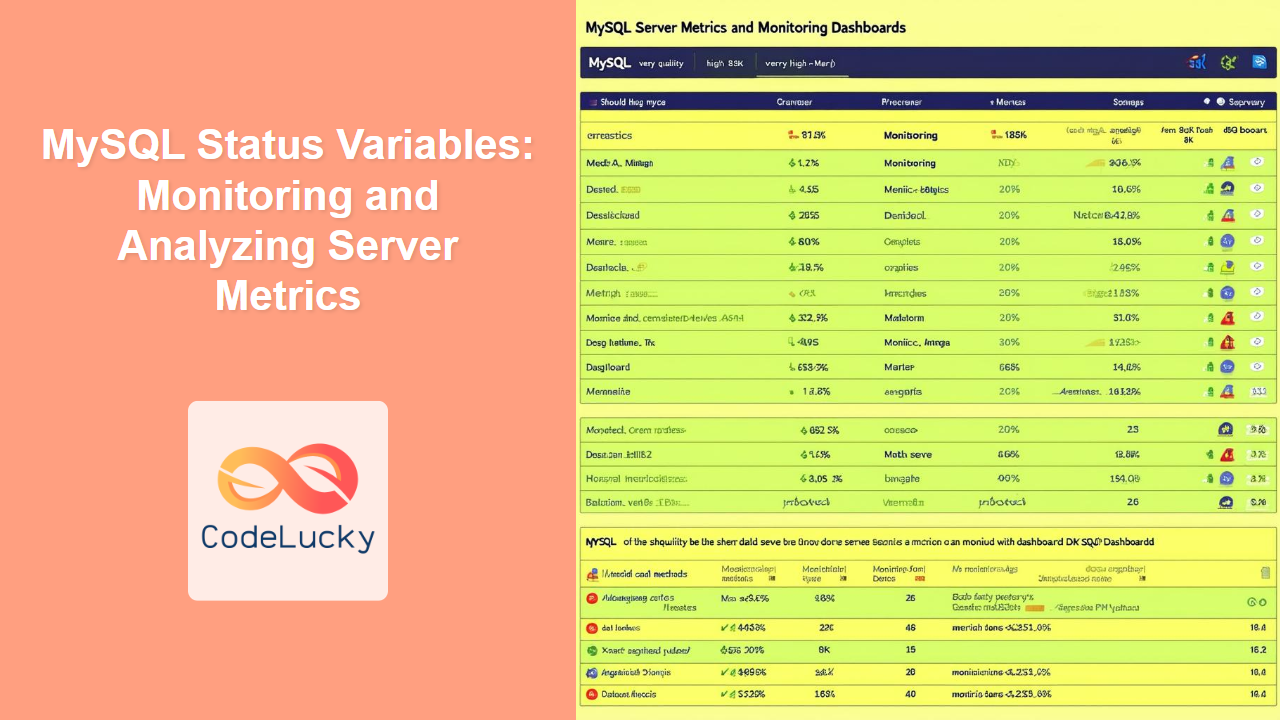Landing a job that involves MySQL often means facing a technical interview. Don’t worry, this guide is designed to prepare you with a comprehensive collection of MySQL interview questions and answers, covering a range of topics from basic to advanced. Did you know? 💡 Over 70% of tech interviews today involve SQL or database related questions. Mastering these concepts is essential for any aspiring backend developer.
Why Prepare with Interview Questions?
Preparing for an interview isn’t just about knowing the answers; it’s also about:
🌟 Key Benefits:
- Testing your understanding of MySQL concepts
- Learning to explain technical details clearly and concisely
- Identifying areas where you need more practice
- Building confidence for the actual interview
🎯 Fun Fact: Top tech companies use interviews as a way to evaluate how you think, not just what you know. Preparing well-rounded answers shows you are not just a memorizer, but a problem solver!
Basic MySQL Interview Questions
These questions test your fundamental understanding of MySQL.
Question 1: What is MySQL?
Answer: MySQL is an open-source Relational Database Management System (RDBMS). It’s widely used for storing and managing structured data, often powering web applications and various backend systems.
Question 2: What are the key features of MySQL?
Answer: MySQL offers:
- Reliability and stability
- Scalability and performance
- Data security
- Support for multiple storage engines
- Compatibility with multiple platforms
Question 3: What is the difference between VARCHAR and CHAR datatypes?
Answer:
CHARis a fixed-length string datatype. It always occupies the specified amount of storage, padding with spaces if necessary.VARCHARis a variable-length string datatype. It stores only the actual data, plus some overhead, which means it can use less storage if strings are shorter.
🔍 Pro Tip: VARCHAR is generally more space-efficient for variable-length strings, but CHAR can offer a performance advantage when you need consistent data lengths, like postal codes.
Question 4: Explain the purpose of the PRIMARY KEY in a table.
Answer: A PRIMARY KEY uniquely identifies each record in a table. It ensures data integrity by prohibiting null values and duplicate entries. It’s also used for indexing, improving query speed.
Question 5: What is indexing in MySQL? Why is it important?
Answer: Indexing is a mechanism to improve the speed of data retrieval operations on a database table. It is important because it:
- Speeds up SELECT queries by allowing faster data lookup
- Reduces the amount of data that needs to be scanned for searching records
🌈 Interesting Fact: Indices work similarly to an index in a book. Instead of scanning every page, you can use the index to find the page where the information is located, making lookups much faster!
Intermediate MySQL Interview Questions
These questions dive into slightly more complex topics.
Question 6: What are the different types of JOINs in MySQL?
Answer: MySQL supports several JOIN types:
INNER JOIN: Returns rows that have matching values in both tables.LEFT JOIN(LEFT OUTER JOIN): Returns all rows from the left table and matching rows from the right table.RIGHT JOIN(RIGHT OUTER JOIN): Returns all rows from the right table and matching rows from the left table.FULL OUTER JOIN(available via emulation): Returns rows that exist in either the left or right table.
Question 7: How does a LEFT JOIN differ from an INNER JOIN?
Answer:
- An
INNER JOINreturns only the rows that have matching values in both the tables being joined. - A
LEFT JOINreturns all the rows from the left table and the matching rows from the right table. If no match is found in the right table, the columns from the right table will containNULLvalues.
Question 8: What is a subquery? How is it used?
Answer: A subquery is a query nested inside another query. It is used to perform complex data retrieval by breaking down the task into smaller parts. For example, fetching data by comparing it with data from another table, or getting aggregated values.
Question 9: What is the GROUP BY clause, and when is it used?
Answer: The GROUP BY clause is used to group rows that have the same values in one or more columns, often in conjunction with aggregate functions (like COUNT, SUM, AVG, MAX, MIN). For instance, grouping sales data by region or product category.
Question 10: What are aggregate functions in MySQL? Give examples.
Answer: Aggregate functions perform calculations on multiple rows and return a single value. Examples include:
COUNT(): Returns the number of rows.SUM(): Returns the sum of values in a column.AVG(): Returns the average of values in a column.MAX(): Returns the maximum value in a column.MIN(): Returns the minimum value in a column.
🎮 Fun Fact: Aggregate functions help analysts make sense of massive data sets by compressing information into easy-to-understand summaries!
Advanced MySQL Interview Questions
These questions are for more experienced developers and test in-depth knowledge.
Question 11: What is the difference between WHERE and HAVING clauses?
Answer:
WHEREis used to filter rows before they are grouped by theGROUP BYclause, meaning filtering occurs on the raw data from the table.HAVINGis used to filter rows after theGROUP BYclause, which allows filtering based on aggregate functions and grouped results.
Question 12: What is database normalization? Why is it important?
Answer: Database normalization is the process of organizing data in a database to reduce redundancy and improve data integrity. It involves structuring data to minimize duplication and eliminate inconsistencies. It’s important because it:
- Reduces data redundancy
- Improves data integrity
- Facilitates easier maintenance
- Optimizes storage space
Question 13: Explain the concept of ACID properties in databases.
Answer: ACID stands for Atomicity, Consistency, Isolation, and Durability, which are crucial properties for database transactions:
- Atomicity: All changes in a transaction are treated as one indivisible unit. Either all changes are applied, or none are.
- Consistency: A transaction ensures that the database remains in a valid state. It moves the database from one valid state to another.
- Isolation: Concurrent transactions should not interfere with each other. Isolation levels control how transactions are isolated.
- Durability: Once a transaction is committed, its changes are permanent even in case of system failures.
Question 14: What is a stored procedure in MySQL? What are its benefits?
Answer: A stored procedure is a set of SQL statements that are stored in the database server. It can be invoked by name, often with parameters. Benefits include:
- Performance: Stored procedures are precompiled, leading to better performance.
- Reusability: Stored procedures can be called from multiple applications or parts of an application.
- Security: They can be used to grant access to data and execute queries through the procedures instead of granting direct table access.
Question 15: How can you optimize MySQL queries?
Answer: Query optimization techniques include:
- Using indices effectively
- Optimizing
JOINconditions - Using
EXPLAINto analyze query performance - Avoiding
SELECT *and selecting only the needed columns - Using caching mechanisms to reduce database load
- Writing efficient
WHEREclauses
🌟 Pro Tip: The EXPLAIN statement is like a magnifying glass for MySQL queries. Use it to understand the query execution plan and identify potential bottlenecks.
Practical Examples for Interview Prep
Let’s consider practical examples you might face in an interview, using our previous customer and order data:
-
Find customers who have placed an order:
SELECT DISTINCT c.first_name, c.last_name FROM customers c INNER JOIN orders o ON c.customer_id = o.customer_id; -
Show order counts per city:
SELECT c.city, COUNT(o.order_id) as order_count FROM customers c LEFT JOIN orders o ON c.customer_id = o.customer_id GROUP BY c.city; -
Find orders where amount is more than the average order amount:
SELECT * FROM orders WHERE total_amount > (SELECT AVG(total_amount) FROM orders);
Best Practices for Interviews
🎯 Follow these guidelines for better results:
- Understand the fundamental concepts well
- Practice explaining the concepts aloud
- Use real-world examples when possible
- Ask clarifying questions
- Show a problem-solving mindset
Key Takeaways
In this guide, you’ve learned:
- ✨ Basic and advanced MySQL concepts
- 📝 How to answer a variety of interview questions
- 📚 Practical tips to improve your interview performance
- 💡 How to explain complex topics clearly
What’s Next?
This guide is the start of your preparation. To improve your knowledge further:
- Review more query examples
- Practice by writing your own queries
- Consider online courses or books for deeper study
- Keep up with the latest advancements in MySQL
Remember, with consistent effort and focused learning, you can successfully navigate any MySQL interview. Good luck!
💡 Final Fact: Learning MySQL is not only beneficial for job interviews but also for handling and analyzing data in many real-world scenarios.

